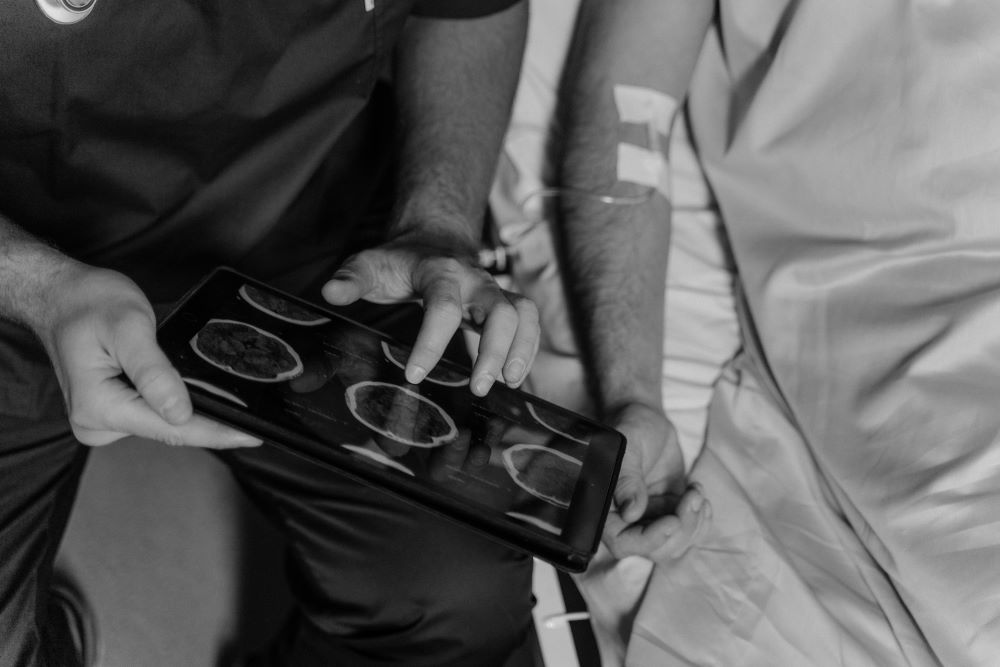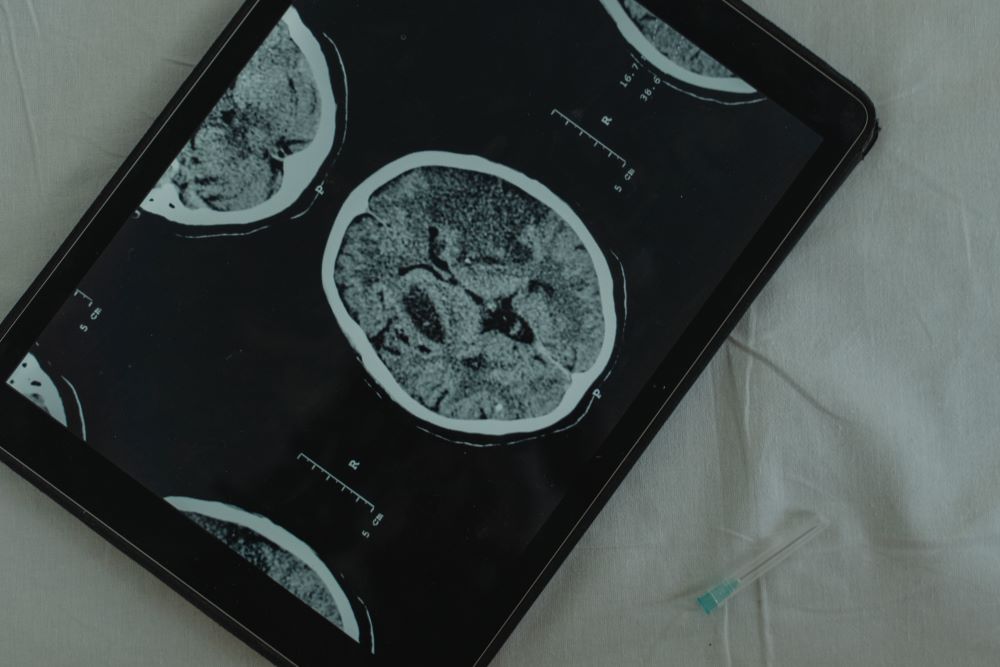Brain scans could be the key to developing better mental health treatment interventions.
A new study published in the Journal of Psychiatric Research has found that neuroimaging biomarkers can possibly be used to identify symptoms of mental health disorders before the full onset of the conditions. The study’s findings provide crucial insight into the neurobiology of mental health disorders and could aid in the development of more effective treatment options, including new procedures for addressing these conditions and medications to ease symptoms. If neuroimaging can accurately predict the development of psychiatric disorders before symptoms are present, it could also help medical professionals come up with effective preventive measures that stop conditions from progressing.
The study, led by Dr. John Smith, utilized neuroimaging techniques such as functional magnetic resonance imaging (fMRI) and positron emission tomography (PET) to examine the brain activity of individuals with mental health disorders. The research team specifically focused on well-known disorders including depression, anxiety, and schizophrenia. The results showed that neuroimaging biomarkers can accurately identify specific patterns of brain waves associated with each of these conditions. Thus, patients who are able to undergo brain wave monitoring early on may be able to determine whether they are at risk of developing mental illness given the biomarkers in the imaging.

According to Dr. Smith, this new understanding of the origins of mental illness could ultimately result in the development of “more targeted and effective treatments.” However, it’s important to note that while this study provides some valuable insights, it also has limitations. One major limitation of the research is the small sample size, which means that further studies with larger population sizes are needed to validate the team’s conclusions.
A few years back, The National Institutes of Mental Health also rolled out a multi-billion-dollar research effort to locate biomarkers of brain activity which could pinpoint the biological roots of mental health conditions.
“The idea is to forget classification of disease by symptoms and find underlying biological causes,” said Yale’s Ilan Harpaz-Rotem, professor of psychiatry and psychology and senior author of the study, at the time.
In 2021, a study published in World Psychiatry also found neuroimaging biomarkers may help scientists to “map neural activity in the living human brain with precise spatial and temporal resolution and provide an unprecedented opportunity to examine the neurocognitive components of mental disorders.”
The current study serves as an attempt to replicate the findings of the previous research in order to expand upon prior conclusions. While it does further the research connecting neuroimaging to psychiatric diagnoses, scientists aren’t entirely convinced just yet of the accuracy of the results. However, while the existing body of research doesn’t yet definitively prove that neuroimaging can predict mental illness, scientists and clinicians remain hopeful.
“It took about 100 years to come up with current classifications of mental illness, but we’ve only been exploring refining psychiatric diagnoses using biomarkers for the last 10 years,” cautioned Yale’s Ilan Harpaz-Rotem, professor of psychiatry and psychology. “We still have a long way to go.”
Sources:
Neuroimaging can identify symptoms of mental health disorders: Study
New neuroimaging technique more helpful in studying brain stimulation
Neuroimaging in anxiety disorders
Multimodal Neuroimaging in Schizophrenia: Description and Dissemination


Join the conversation!